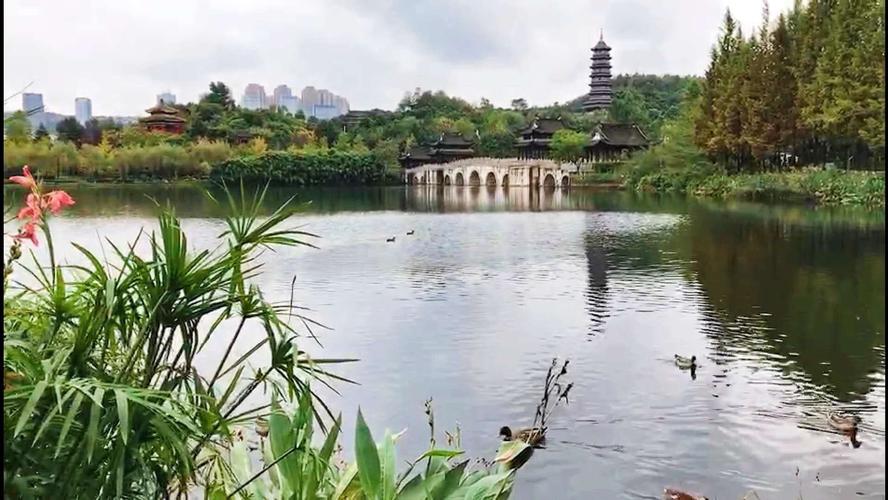Unpacking Popular Culture Phenomena for UPSC: A Critical Approach
In today’s world, popular culture has become an integral part of our lives. It shapes our perspectives, influences our opinions and affects our behavior. The increasing relevance of popular culture and its impact on society has given rise to the need to analyze it critically, especially in the context of competitive exams such as UPSC. In this article, we delve into some popular culture phenomena and examine them from a critical perspective to understand their implications for UPSC aspirants.
Reality TV: Steering or Hindering UPSC Aspirations
Reality TV has taken the world by storm and continues to captivate audiences with shows such as Big Brother, Keeping up with Kardashians, The Bachelor and Survivor, to name a few. The reality TV craze has even reached the Indian audience, with shows such as Bigg Boss and Indian Idol. While these shows offer escapism and entertainment, they can often be detrimental to the aspirations of UPSC aspirants. The time and energy invested in watching reality TV can be better utilized in preparation for the competitive exam. Moreover, the values and morals depicted in these shows are often trivialized and stereotypical, portraying contestants in a negative light. Aspiring civil servants must understand the repercussions of excessive consumption of reality TV and strike a balance between entertainment and productivity.
Social Media: A Tool for Learning or a Distraction?
Social media has revolutionized the way we communicate and interact with each other. Platforms like Facebook, Twitter, LinkedIn and Instagram have made it easier to share ideas and connect with people from all walks of life. For UPSC aspirants, social media can be a great tool for learning. They can subscribe to pages and groups that provide valuable insights and updates on current affairs, follow influential personalities and participate in online debates and forums. However, social media can also be a double-edged sword. Spending excessive time on social media scrolling through feeds, pictures and videos can be a major distraction, taking away valuable time and hindering preparation for the competitive exam. As UPSC aspirants, it is essential to be mindful of the time spent on social media and use it judiciously for productive purposes.
Cinematic Portrayals: An Accurate Reflection or a Distorted One?
Indian cinema has always been a cultural hallmark of the country. It celebrates diversity, unity and love, while also raising awareness on social issues. However, cinematic portrayals can often be misleading and distort reality. For example, the glorification of alcohol and abuse, unrealistic action sequences and objectification of women are rampant in Indian cinema. As UPSC aspirants, it is critical to examine the impact of cinematic portrayals on society and whether they are accurate reflections of the Indian ethos. UPSC syllabus covers topics such as Gender Equality, Socio-Cultural Issues and Ethics, therefore aspirants must be vigilant and discerning in their consumption of cinematic media.
In conclusion, popular culture phenomena have a far-reaching impact on our lives, perceptions, and attitudes. For UPSC aspirants, it is crucial to approach these phenomena critically and assess their value and relevance in their preparation for the competitive exam. Aspirants must strike a balance between entertainment and productivity, use social media and cinematic portrayals judiciously and understand the impact of these phenomena on the society they seek to serve.
(Note: Do you have knowledge or insights to share? Unlock new opportunities and expand your reach by joining our authors team. Click Registration to join us and share your expertise with our readers.)
Speech tips:
Please note that any statements involving politics will not be approved.
